Leader in custom Government off the Shelf (GOTS) infrastructure solutions becomes the newest member of Civil Infrastructure Platform (CIP)
Today, the Civil Infrastructure Platform (CIP) welcomes VES LLC as its newest member. VES is a small business Headquartered out of Aberdeen Proving Ground, Maryland with a focus on solving the Department of Defense’s (DoD) hardest Software Systems Integration challenges. VES is joining CIP to further their development of custom Government off the Shelf (GOTS) infrastructure solutions, integrating Mission Command systems, and prototyping emerging technologies for use in the Army and Joint tactical architecture.

The Civil Infrastructure Platform strives to create an open source “base layer” of industrial-grade software to enable the use and implementation of software building blocks in civil infrastructure projects. Embedded systems are crucial to civil infrastructure, including within Army operating systems and across the DoD. Given VES’ area of expertise, and CIP’s mission to establish an open source “base layer” of industrial-grade software, there’s strong alignment with both CIP and VES.
“As CIP grows, it is exciting to bring in a broader array of organizations wishing to establish a Linux-based open source base layer for industrial-grade, civil infrastructure.” said Yoshitake Kobayashi, Technical Steering Committee Chair of CIP, “We are excited to have VES on board and welcome all future collaboration within the CIP community.”

CEO, VES LLC
“We are very excited to join the CIP and become an integral member of an expansive network focused on open source solutions with other industry leaders.” said VES CEO, Matt Vidovich. “Each member of our core VES leadership team brings over 17 years of open systems architecture experience across the Department of Defense, commercial, and international markets. We look forward to expanding our relationships and impact with other stakeholders sharing the same purpose and passion on solving the toughest open source problems with enduring solutions.”

Brad Lilly, VES Chief Technology Officer (CTO) for Systems, stated “As a segment leader in custom DoD Linux Distributions, VES is committed to the ongoing security and maintainability for our customer’s systems. CIP has given us a strong base to build on, and we are excited to begin contributing back to help ensure CIP’s long term success.”
Established in 2014, VES has specialized expertise in building GOTS versions of embedded Linux for Army operating systems needs, and in developing and deploying the Army Mission Command Infrastructure architecture.
Interested in becoming a CIP member, learn more here.
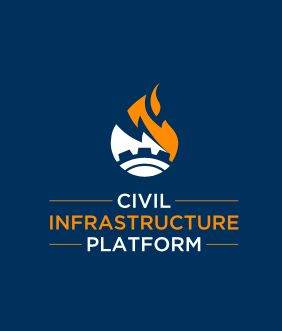

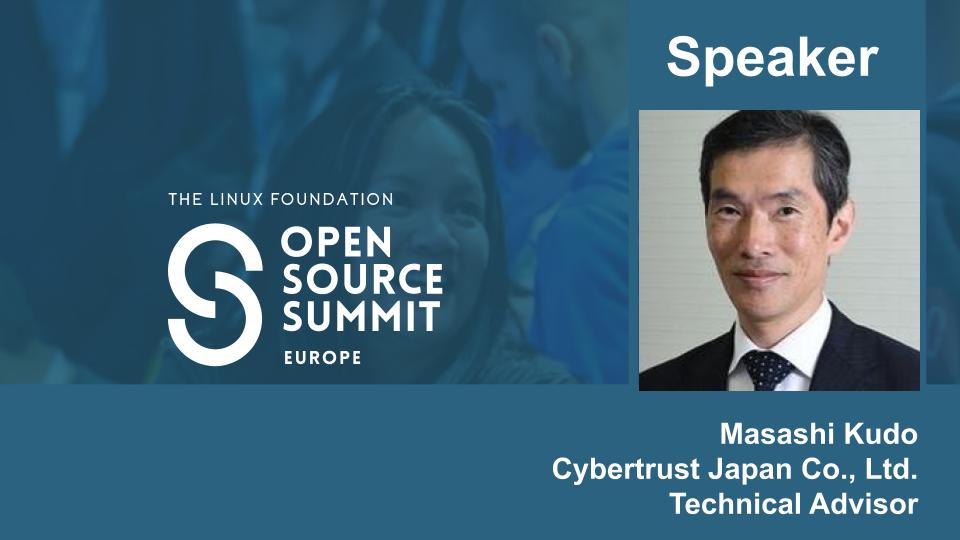

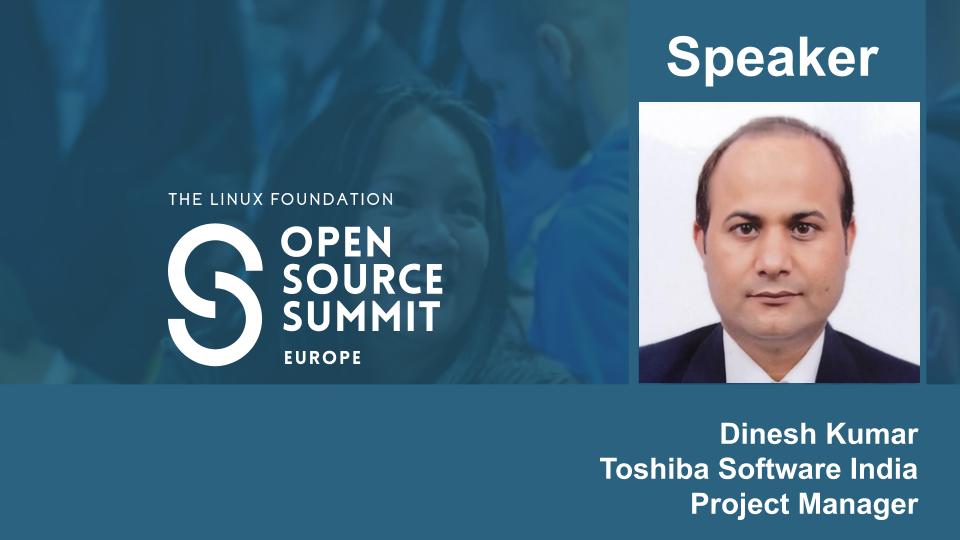

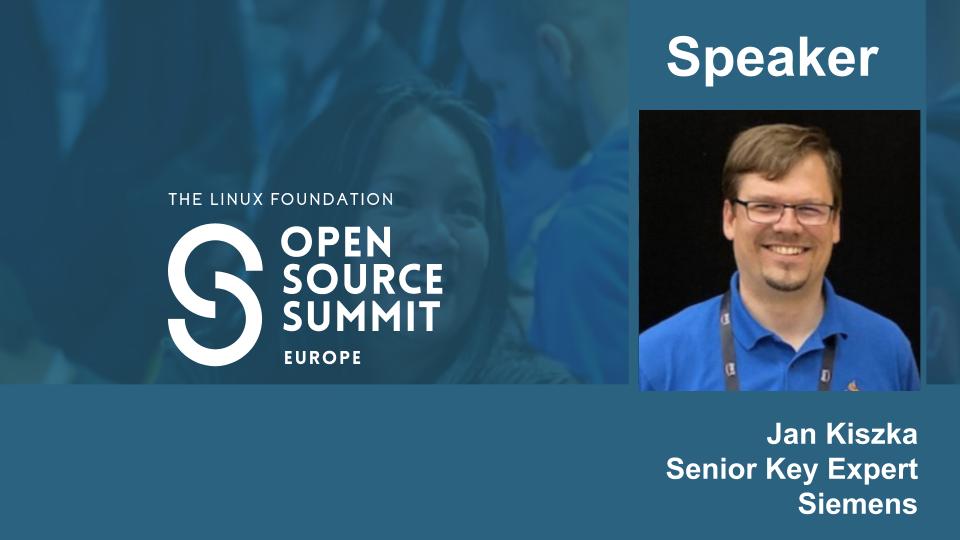
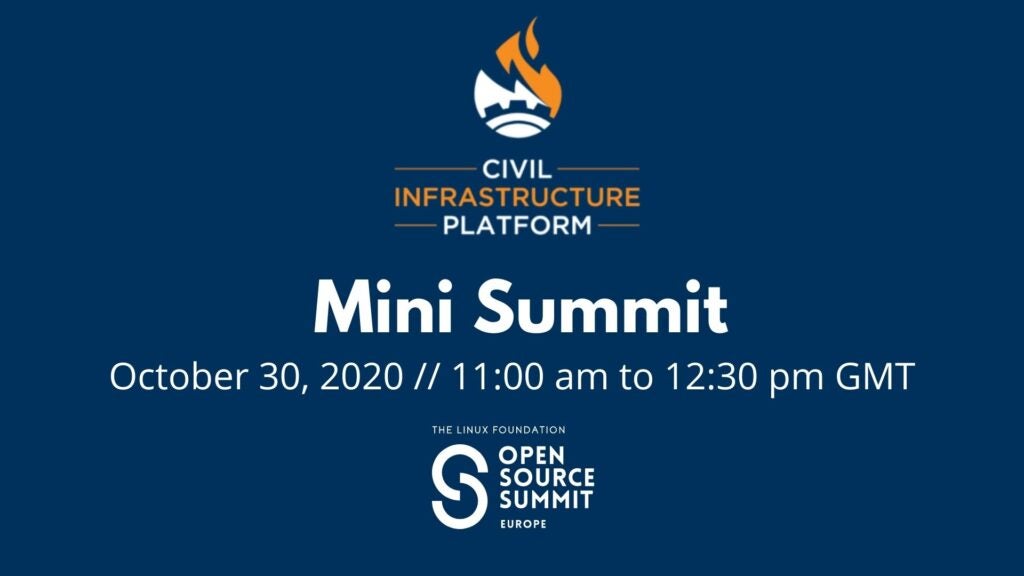

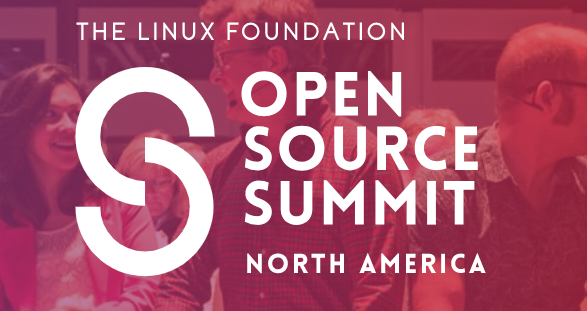
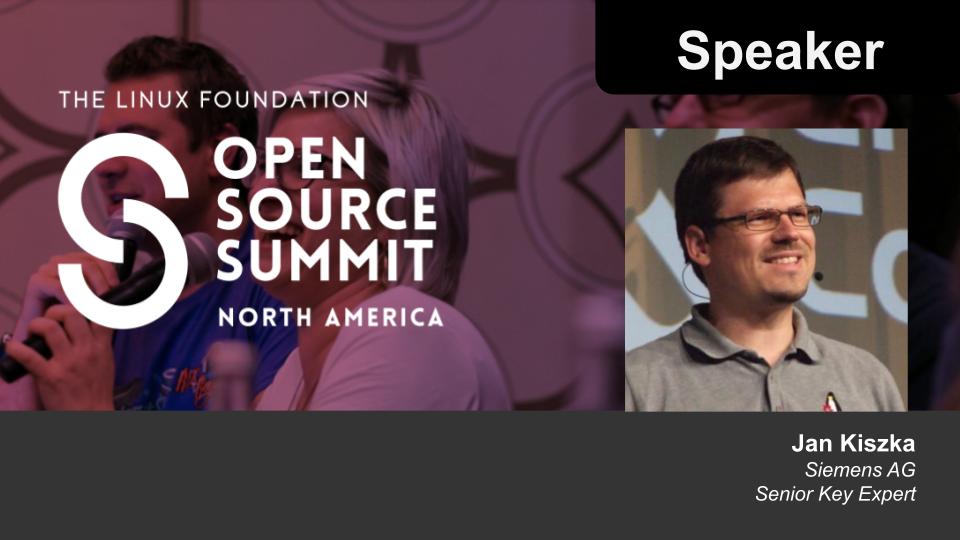
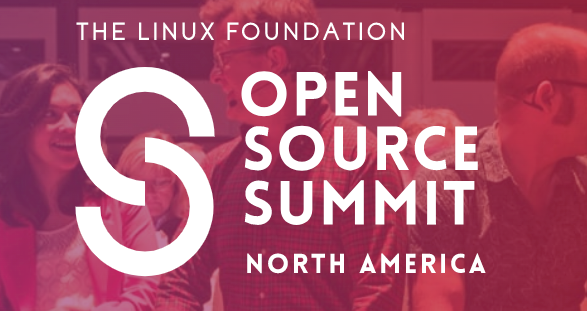

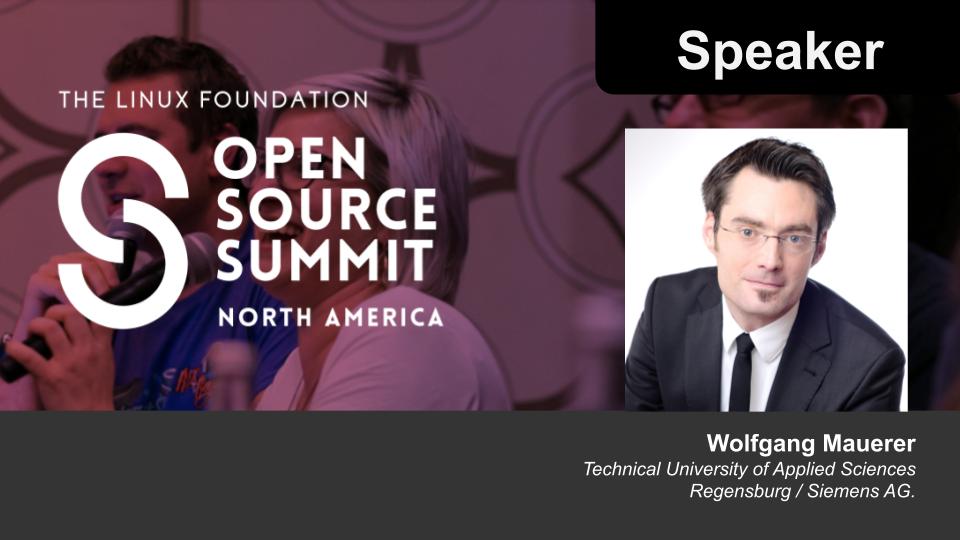 Open Source in Research and Reality
Open Source in Research and Reality